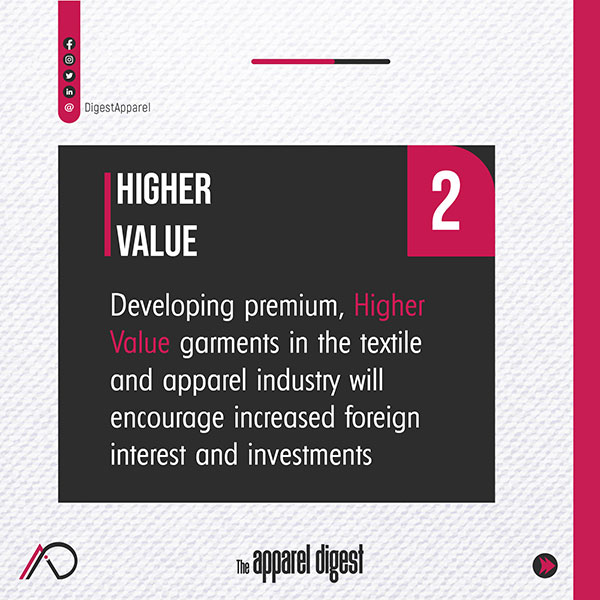The Apparel Digest Report Compilation
The heads of Bangladesh’s textile and garment industry have expressed serious worries about the budget for the fiscal year 2025, calling on the government to reevaluate certain tax measures that they fear could harm their sector. At a joint press conference following the budget announcement, representatives from the Bangladesh Garment Manufacturers and Exporters Association (BGMEA), Bangladesh Knitwear Manufacturers and Exporters Association (BKMEA), and Bangladesh Textile Mills Association (BTMA) highlighted several concerns. They pointed out the absence of a reduction in the source tax from 1% to 0.5%, a change they had advocated for to ease the financial burden on exporters. The budget also suggests increasing import duties on construction materials for steel buildings from 5% to 10% and raising the VAT on energy-saving lights from 5% to 15%. BGMEA President SM Mannan Kochi stressed that these adjustments could discourage investment and slow job growth in the industry. He called for the source tax to be set at 0.5% for five years and for cash incentives to continue until 2029.
BTMA President Mohammad Ali Khokon and BKMEA Executive President Mohammad Hatem shared these concerns, asking for the removal of various VATs and taxes. Mohammad Ali Khokon requested the elimination of a 7.5% VAT on garment waste and a 15% VAT on fibres made from such waste, as well as the removal of the 5% VAT on manufactured fibres and the 5% advance tax and income tax on flax fibre. Mohammad Hatem highlighted the industry’s difficulties with the dollar crisis, energy supply issues, and high-interest rates, warning that unmet demands could lead to further challenges.
A major issue is the proposed 1% import duty on capital machinery for industries in economic zones and high-tech parks, a shift from the current 0% duty. Industry leaders argue that this could significantly increase operational costs and deter investment. BGMEA President SM Mannan Kochi noted that they have acquired forty-six plots in economic zones but that it will take at least three years to establish factories. He also pointed out that many entrepreneurs have set up factories outside industrial zones and are waiting for utility connections. Without these connections and loan approvals, these businesses could face operational difficulties.
The industry has requested that the government approve loans, allow gas, and power connections for factories located outside of industrial zones until the economic zones are fully operational. They expressed fears that without such support, investments and job creation could be severely affected. BGMEA President SM Mannan Kochi also urged the creation of a fund for small and medium-sized entrepreneurs with low-interest rates for at least 15 years to help them grow in the face of high-interest rates and business setup costs.
Bangladesh’s textile and garment sector is seeking more favourable government policies to ensure its continued growth and stability. The proposed budget changes, particularly regarding import duties and VATs, pose potential threats to investment and employment in the industry. Leaders have called on the government to address these concerns, emphasizing the need for sustained incentives, lower taxes, and better infrastructure support to maintain the sector’s competitiveness and its critical role in the national economy.

